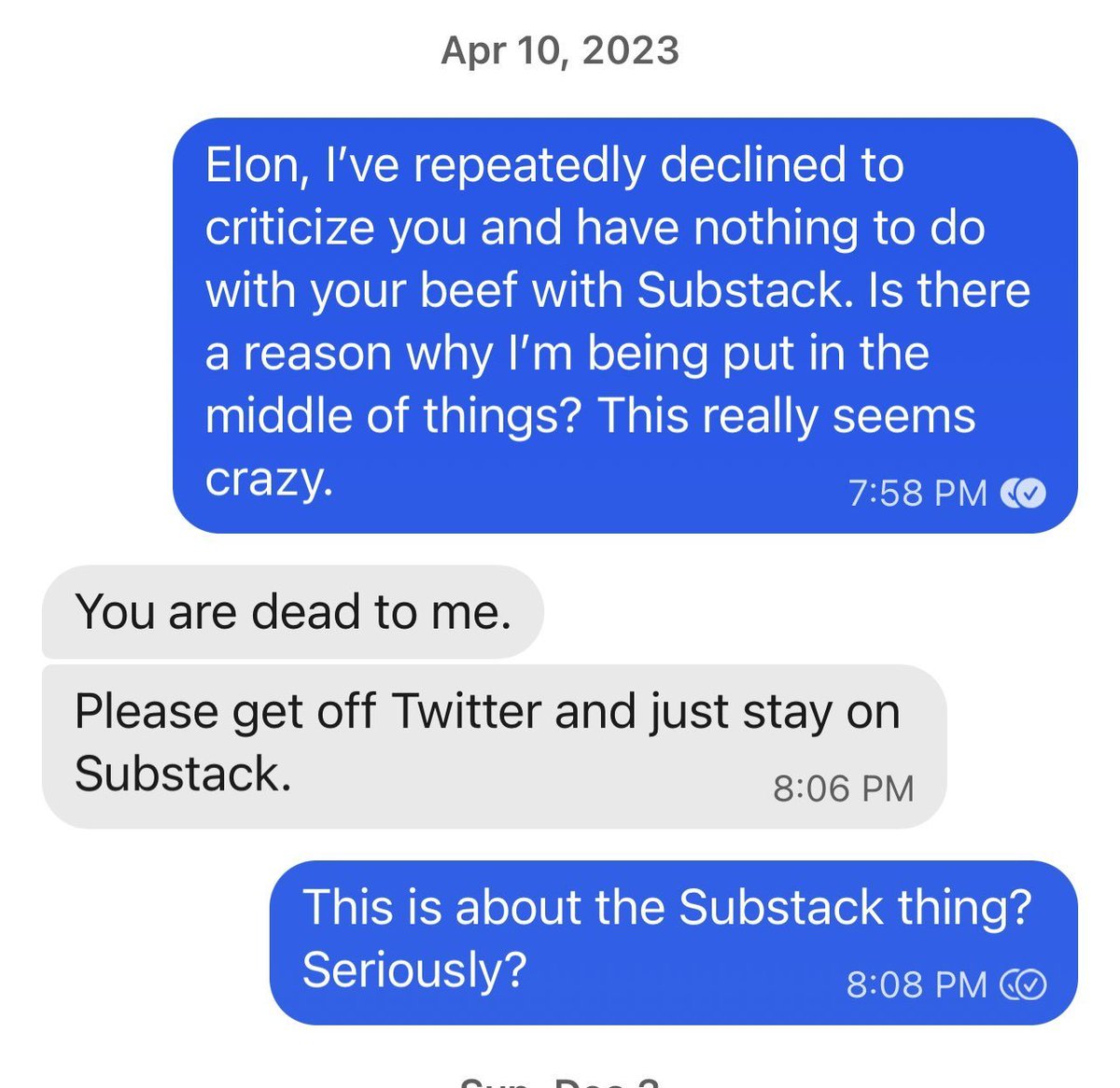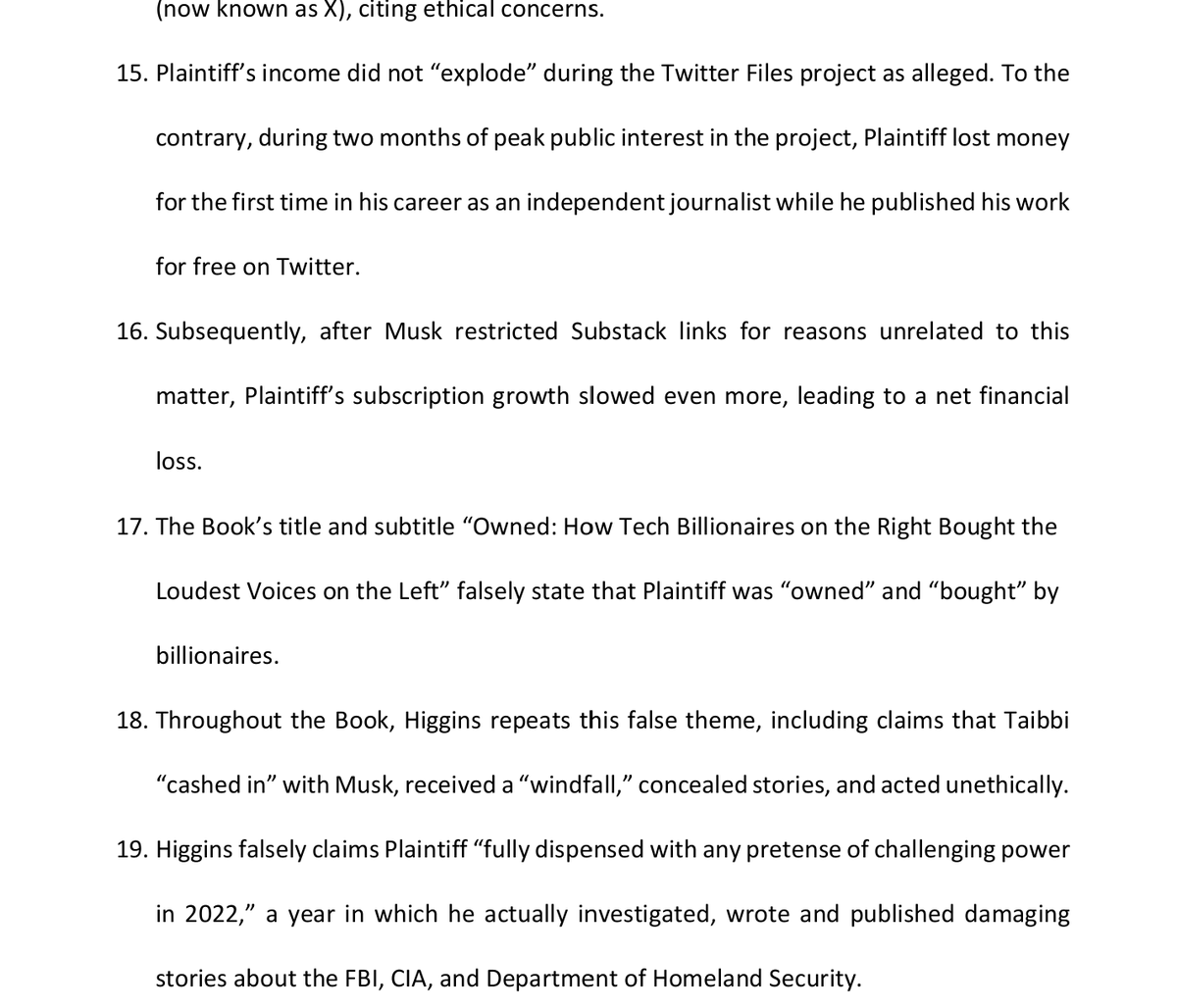John Yoo with the hottest takes.
But, charging someone who knows the President with a crime probably does not do permanent damage to the Presidency.
nationalreview.com/2021/07/how-la…
But, charging someone who knows the President with a crime probably does not do permanent damage to the Presidency.
nationalreview.com/2021/07/how-la…

Again, Yoo at no point shows how this harms the Presidency. Some state people asked for Trump's tax records. He claimed absolute immunity. He lost.
But Yoo doesn't seem to think Trump should have won that?
But Yoo doesn't seem to think Trump should have won that?

Did opponents of Trump use litigation in an "unprecedented way" to stop his agenda? Maybe for a very specific definition of "unprecedented," but we literally just had our third SCOTUS opinion about the ACA joined by every conservative AG in the country.
Ok, so allowing state prosecutors to investigate the President for state crimes undercuts the vitality of the Presidency.
Is there any limit here?
Does Yoo think the President should be able to, for instance, kill and eat a baby on camera, pardon himself federally, and be fine?
Is there any limit here?
Does Yoo think the President should be able to, for instance, kill and eat a baby on camera, pardon himself federally, and be fine?

But of course, it wouldn't be just the President who had baby eating privileges. He could open up a baby eating restaurant, and his compatriots should also, in the name of executive power, be immune from prosecution? 

Note how Yoo pivots to Hunter Biden, who is CURRENTLY UNDER INVESTIGATION FOR TAX EVASION.
Where is Yoo's piece about how that investigation undercuts the presidency?
Where is Yoo's piece about how that investigation undercuts the presidency?

So Yoo says Congress should have taken the constitutionally courageous step of preventing all investigation of a President, for all time.
You might ask, where does the Constitution say that's a thing that should happen?
No answer here.
You might ask, where does the Constitution say that's a thing that should happen?
No answer here.

I don't think there's anything in the text or history of the Constitution that exempts Presidents, or people who know Presidents, from being prosecuted for crimes that are not part of their federal duties.
As for whether Presidents will be dragged into state level trials, I wouldn't hold my breath. Anyone who's tried to get a federal agent to testify at a state court knows it's a Sisyphean task.
• • •
Missing some Tweet in this thread? You can try to
force a refresh








